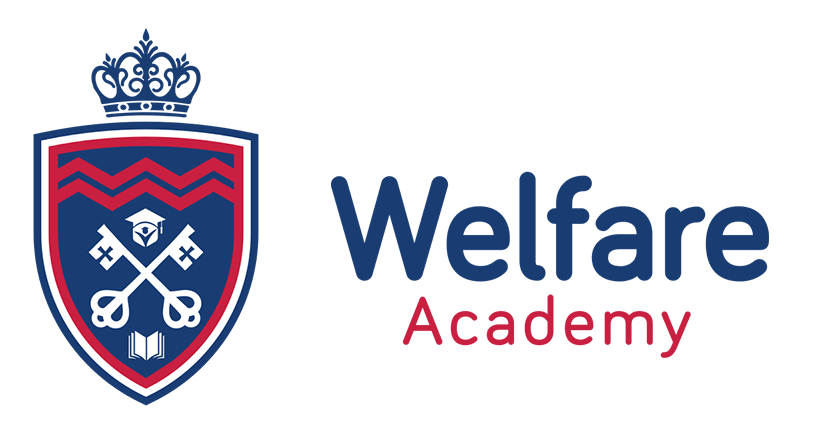
About Course
Allergen Awareness Course
This course provides a comprehensive understanding of allergens, their effects, and best practices for prevention and management. It is designed for individuals in healthcare, food service, and caregiving roles, or anyone seeking to enhance their knowledge of allergy safety.
Course Highlights:
- Introduction to Allergens: Learn about allergens, the immune response, and the varying severity of allergic reactions, including anaphylaxis.
- Types of Allergens: Explore common triggers such as food allergens (peanuts, shellfish), environmental allergens (pollen, dust mites), and medication or insect-related allergens.
- Symptoms and Diagnosis: Identify signs of allergic reactions and understand diagnostic tools like skin prick tests, elimination diets, and blood tests.
- Treatment and Emergency Response: Gain knowledge about antihistamines, epinephrine (EpiPen), immunotherapy, and the importance of emergency action plans.
- Prevention Strategies: Discover practical methods to reduce exposure to allergens, including cross-contamination prevention and creating allergen-free environments.
- Practical Case Studies: Real-life examples to help participants understand effective allergy management in various scenarios.
Learning Outcomes:
- Recognize and categorize different allergens and their associated risks.
- Apply effective strategies to manage and prevent allergic reactions.
- Respond to severe allergic emergencies with appropriate interventions.
- Promote allergen safety in professional and personal settings.
This interactive and engaging module is ideal for ensuring compliance with safety standards and enhancing awareness to safeguard lives.
Course Content
Allergen Awareness
-
Allergen Awareness
Introduction to Allergens
Types of Allergens
Symptoms and Diagnosis of Allergies
Understanding and Managing Anaphylaxis
Treatment and Management of Allergies
Prevention Strategies and Allergen-Free Environments
Case Studies in Allergy Management
Special Considerations and Healthcare Provider Role
Student Ratings & Reviews
Really informative and easy to follow! I feel much more confident spotting allergy symptoms and knowing what to do in an emergency. The case studies were super helpful too. Great course!

